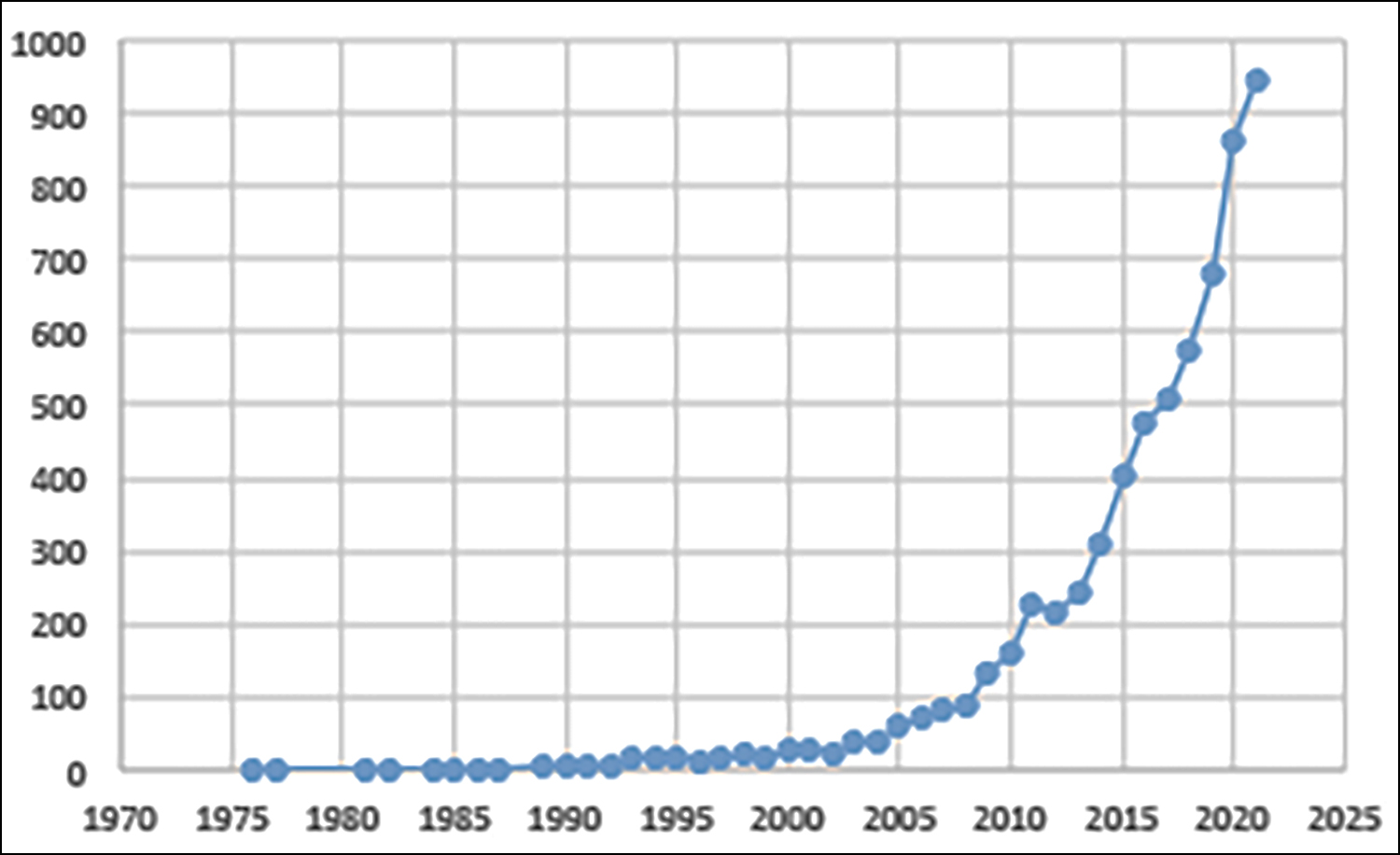Initiation of Molecular Pathology FCPS in Pakistan Is Urgent!
By Javeria Aijaz1, Saba Jamal1Affiliations
doi: 10.29271/jcpsp.2022.05.692
Sir,
Molecular genetics is young but, arguably, the most rapidly expanding area of medicine. DNA cloning, and medicinal breakthroughs like recombinant insulin, promoted the application of the field to medicine in the 1970s. It was not until the 1980s, however, that molecular genetic techniques started to be purposed for clinical diagnostics. The turn of the century, with the completion of the human genome project and advances in computing and bioinformatics, gave molecular diagnostics and research a phenomenal momentum, a receding of which is nowhere in sight.
Within the next few years, molecular diagnostic techniques will likely supersede current clinical diagnostic methodologies, rendering the latter obsolete,1,2 and transforming the education and training needs of today’s medical professionals. The relative novelty of Molecular Pathology, as well as its pace of expansion has meant that relevant technical expertise and skills have not permeated the medical profession deeply. Today, such expertise is concentrated in tertiary and specialty centers, even in developed countries.
In Pakistan, a general unfamiliarity with Molecular Pathology can be gauged by the non-existence of a structured, uniform training program in the field by a nationwide body like the College of Physicians and Surgeons, Pakistan (CPSP), underpinning an important limiting factor for its growth. Expansion and diversification of Pathology are clearly reflected in the fact that a fellowship program in Pathology as such is no longer offered by CPSP. Rather, the program is splintered into various sub-specialties including Histopathology, Haematology, Microbiology, Chemical Pathology, Immunology, and Virology. A notable absence, however, is Molecular Pathology, a fellowship program which is already well-established in many other countries.
Amidst the havoc that Coronavirus Disease-19 (COVID-19) has wrought, as pathology practitioners in Pakistan, we visualize one silver lining, an uptick in Molecular Pathology laboratory capacities. As an example, Polymerase Chain Reaction testing capacity in Pakistan rose from almost naught to 25 tests per 100,000 per day.3 Similarly, there was a sharp increase over the past year of genomic sequencing capacity and related research in Pakistan (Figure 1).
 Figure 1: Number of publications from Pakistan involving gene / genomic sequencing from Pakistan. Data Source: National library of medicine (Search Term: Sequencing Pakistan).
Figure 1: Number of publications from Pakistan involving gene / genomic sequencing from Pakistan. Data Source: National library of medicine (Search Term: Sequencing Pakistan).
Moreover, with the novel, lower-cost genomic sequencing technologies currently capturing markets,4 the cost barrier of such modern technologies5 may also drop very soon, rendering a lack of technical expertise the only limiting factor for the use of these gold-star molecular diagnostic modalities in Pakistan. It goes without saying that the field needs urgent development, if we are to hope to catch up the pace with modern medicine. We thus urge the CPSP to consider initiating a fellowship program (FCPS) in Molecular Pathology in Pakistan.
COMPETING INTEREST:
The authors declared no conflict of interest.
AUTHORS’ CONTRIBUTION:
JA, SJ: Conceived the idea for the content.
JA: Wrote the letter.
SJ: Approved it.
All authors approved the final version of the manuscript to be published.
REFERENCES
- Molecular Diagnostic Testing in Clinical and Public Health Laboratories. Centers for Disease Prevention and Control. https://www.cdc.gov/labquality/molecular-methods.html.
- Juan Eduardo Megías-Vericat JN, Martínez-Cuadrón D, Solana-Altabella A, Montesinos P. Precision medicine in acute myeloid leukemia: where are we now and what does the future hold? Expert Rev Hematol 2020; 13(10): 1057-65. doi: 10.1080/17474086.2020.1818559.
- Pakistan: Coronavirus Pandemic Country Profile. Our world in data.https://ourworldindata.org/coronavirus/country/ pakistan
- Schwarze K , Buchanan J, Fermont JM, Dreau H, Tilley MW, Taylor JM, et al. The complete costs of genome sequencing: a microcosting study in cancer and rare diseases from a single center in the United Kingdom. Genet Med 2020; 22(1):85-94. doi: 10.1038/s41436-019-0618-7.
- Lee J Kerkhof. Is oxford nanopore sequencing ready for analysing complex microbiomes? FEMS Microbiol Ecol 2021; 97(3):fiab001. doi: 10.1093/femsec/fiab001.